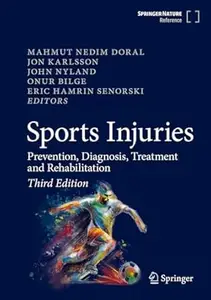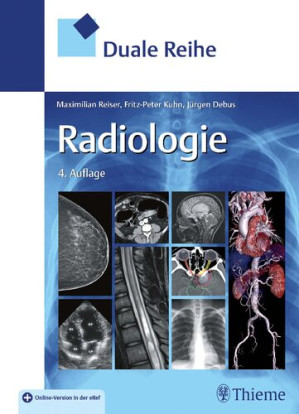Fatigue is a primary reason for patient visits to the physician's office, but it is difficult to measure and offers doctors little important information for diagnosis. Fatigue as a Window to the Brain gathers experts on a wide variety of disorders to consider what the presence of fatigue tells us about how the brain works—more specifically, to identify the neural mechanisms potentially responsible for fatigue. The book looks at many of the major conditions in which fatigue is observed, with the hope that patterns may emerge that will suggest paths for future research. It will be of interest to neuroscientists, clinical researchers, and physicians and other clinicians. After discussing the nature of fatigue—its history and epidemiology and its assessment, measurement, and interpretation—the book turns to specific conditions associated with fatigue. It considers neurological conditions, including multiple sclerosis and stroke; psychiatric conditions as well as the overall treatment of fatigue in psychiatry; and general medical conditions, including HIV, heart disease, lupus, cancer, and others. The book then offers an overview of treatment approaches. It concludes with a definition of fatigue—both "primary" and "secondary"—and suggestions for future study.
چکیده فارسی
خستگی دلیل اصلی مراجعه بیماران به مطب پزشک است، اما اندازه گیری آن دشوار است و اطلاعات مهم کمی برای تشخیص به پزشک ارائه می دهد. خستگی به مثابه پنجره ای به مغز متخصصان طیف گسترده ای از اختلالات را گرد هم می آورد تا بررسی کنند که وجود خستگی در مورد نحوه عملکرد مغز به ما چه می گوید – به طور خاص، مکانیسم های عصبی بالقوه مسئول خستگی را شناسایی کنند. این کتاب به بسیاری از شرایط عمده ای که در آن خستگی مشاهده می شود، نگاه می کند، با این امید که ممکن است الگوهایی ظاهر شوند که مسیرهایی را برای تحقیقات آینده نشان دهند. این مورد برای عصب شناسان، محققان بالینی، و پزشکان و سایر پزشکان مورد علاقه خواهد بود. پس از بحث در مورد ماهیت خستگی - تاریخچه و اپیدمیولوژی و ارزیابی، اندازه گیری و تفسیر آن - این کتاب به شرایط خاص مرتبط با خستگی می پردازد. شرایط عصبی، از جمله ام اس و سکته را در نظر می گیرد. شرایط روانپزشکی و همچنین درمان کلی خستگی در روانپزشکی. و شرایط پزشکی عمومی، از جمله HIV، بیماری قلبی، لوپوس، سرطان، و غیره. سپس کتاب مروری بر رویکردهای درمانی ارائه می دهد. با تعریفی از خستگی - "اولیه" و "ثانویه" - و پیشنهادهایی برای مطالعه آینده به پایان می رسد.
ادامه ...
بستن ...










